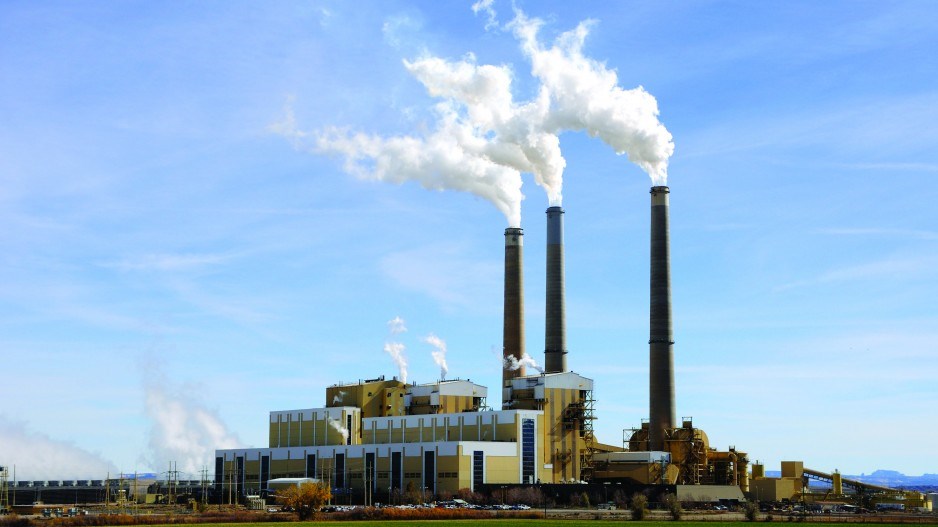Canada’s greenhouse gas emissions dropped 9% in 2020, largely due to the COVID-19 pandemic, but the fact the decline is about 2% lower than the global average suggests Canada may actually have begun to bend the curve on its emissions.
Canada has formally submitted its national greenhouse gas inventory to the United Nations, as per the Paris Agreement.
According to the national GHG inventory, Canada’s GHG emissions declined by 66 megatonnes in 2020 – a nine per cent decline -- from 738 megatonnes in 2019 to 672 MT in 2020.
Much of that is attributable to the pandemic, which resulted in a drastic decline in air and road travel, due to travel restrictions. But there was also a 7-megatonne drop in emissions from electricity generation.
“This reduction is largely due to the phasing out of coal-fired electricity, most notably in Alberta,” said Canadian Environment Minister Steven Guilbeault.
“Secondly, this year’s report shows that our government’s work to reduce methane emissions is already paying off and we are on track to meet our goal to reduce methane from the oil and gas sector by 40 to 45 percent below the 2012 level by 2025. Improvements in measurements and methodologies also led to a revision of previous emissions, concluding Canada had actually decreased by 2 megatonnes in the previous year. This means 2020 is the second year in a row we saw an absolute decline in emissions in Canada.”
“While most of the 66-megatonne decline is due to COVID-related lockdown measures, it is worth noting that Canada’s 2020 emissions drop was greater than the global decline of 6% to 7%,” noted Merran Smith, executive director of Clean Energy Canada.
Canada's climate action plans calls for the phase-out of coal power by 2030, and Alberta is said to be aiming for coal power's phase-out by 2023. Alberta has already begun switching its coal power plants to natural gas, which produces about half the amount GHGs that coal does, according to the Intergovernmental Panel on Climate Change (IPCC).
Guilbeault said the inventory suggests Canada is beginning to "decouple" emissions from growth, as Canada's economy has grown more than its emissions. The emissions intensity for Canada's economy (measured as GHG emissions per gross domestic product) declined by 39% since 1990 and by 26% since 2005.




